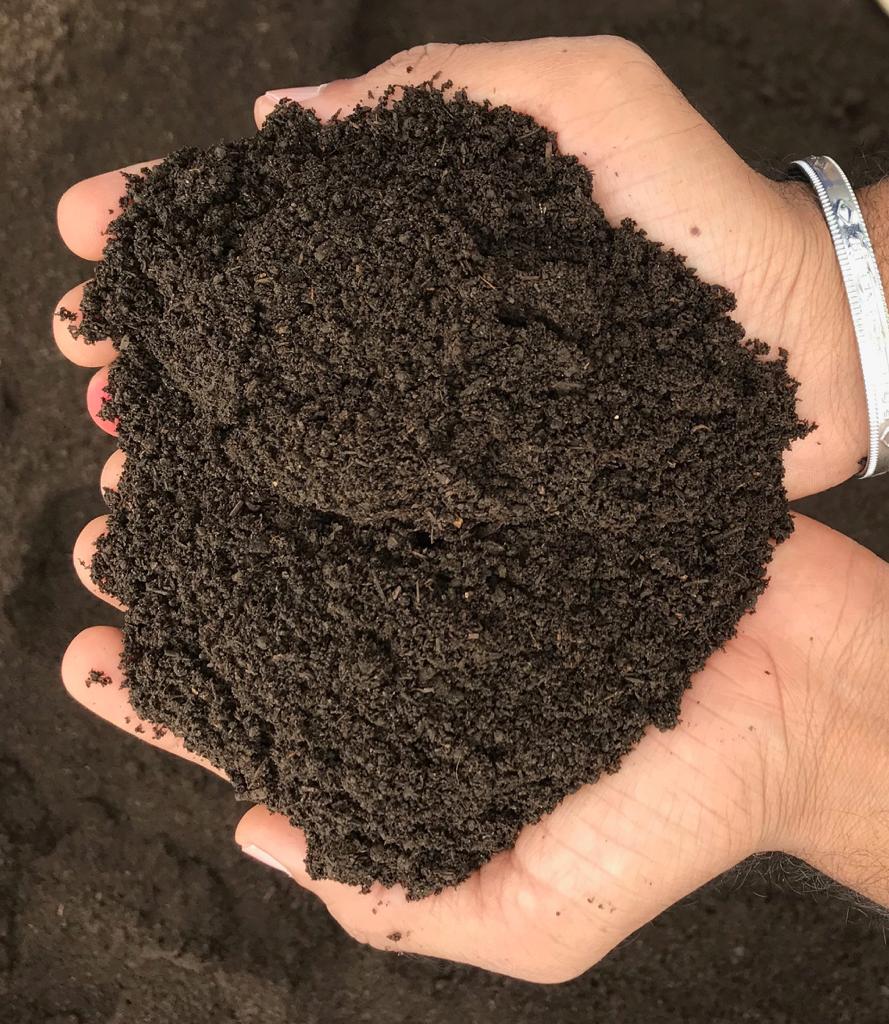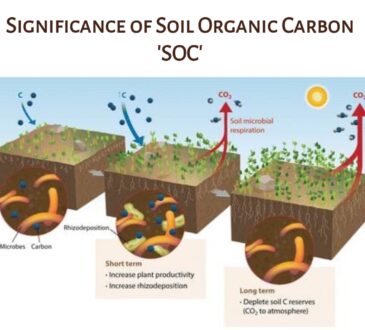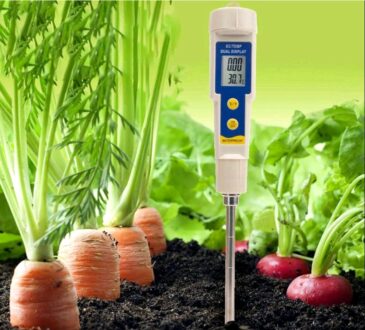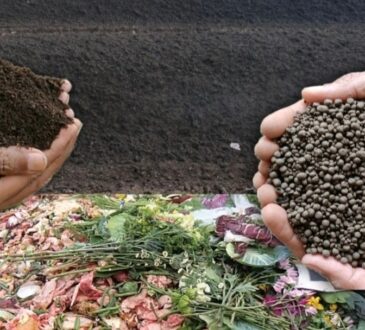
Why to avoid ‘raw cow dung’ and prefer proper ‘Decomposed Cow Manure’ – If you genuinely care about your Soil Health.
Raw Manure Usage: Farmers often use raw manure because it is readily available and can be a cost-effective way to enhance soil fertility. Cow dung is rich in nutrients like nitrogen, phosphorus, and potassium, which are essential for plant growth. It also improves soil structure and water retention. Farmers may prioritize raw manure for its simplicity and immediacy. It requires less time and effort compared to composting, allowing farmers to quickly apply it to their fields. However, there are risks associated with using raw manure directly.
Issues with Raw Manure: Raw manure can contain harmful bacteria, pathogens, and weed seeds. When applied directly to the soil, these can pose risks to both crops and human health. Additionally, raw manure may contain elevated levels of heavy metals, which can accumulate in the soil over time and harm plants.
Tremendous advantages of well decomposed cow dung manure over raw cow manure.
1. Reduced risk of plant diseases: Properly decomposed cow dung manure goes through a thermophilic process that kills most of the pathogens and weed seeds, reducing the risk of plant diseases.
2. Increased nutrient availability: During the decomposition process, the organic matter breaks down into simpler forms that are more easily absorbed by plants, increasing the nutrient availability in the soil.
3. Improved soil structure: Properly decomposed cow dung manure helps to improve soil structure by increasing the soil’s ability to hold water and air, which in turn promotes root growth.
4. Reduced odour: Properly decomposed cow dung manure has a much lower odor than raw cow manure, making it more pleasant to handle and use.
5. Nutrient Stabilization: Composting stabilizes nutrients in a form that is more easily absorbed by plants. This ensures a gradual release of nutrients, promoting healthier and sustained crop growth.
6. Preventing Disease Spread: Composting also plays a crucial role in preventing the spread of diseases in the farm. By creating conditions unfavourable for pathogens and providing a period of thermal treatment, composting significantly reduces the risk of diseases affecting crops

Some crucial comparison between properly decomposed cow manure & raw manure:
pH (Soil Acidity/Alkalinity):
Raw Cow Manure: Raw cow manure can be relatively alkaline, contributing to an increase in soil pH.
Decomposed Cow Manure: Through the composting process, decomposed cow manure tends to have a more neutral pH. This is beneficial for creating an optimal pH range for most crops, promoting better nutrient availability.
EC (Electrical Conductivity):
Raw Cow Manure: The electrical conductivity of raw cow manure can be relatively high, indicating a concentration of salts.
Decomposed Cow Manure: Composting helps reduce the electrical conductivity as salts are leached out during the process. This is important because high EC can negatively impact plant growth, and lower levels are generally preferred.
CEC (Cation Exchange Capacity):
Raw Cow Manure: Raw manure may contribute to an increase in CEC due to its organic matter content, but the CEC value might not be stable.
Decomposed Cow Manure: Composted manure tends to have a more stable and improved CEC. The decomposition process breaks down organic matter into humus, enhancing the soil’s ability to hold and exchange essential nutrients for plant growth.
Bulk Density:
Raw Cow Manure: Raw manure, when applied directly, can contribute to increased bulk density, potentially causing soil compaction issues.
Decomposed Cow Manure: Composting reduces bulk density as the organic matter breaks down and creates a more friable, porous structure in the soil. This promotes better aeration and root penetration.
Water Holding Capacity:
Raw Cow Manure: The structure of raw manure may vary, and its water holding capacity might not be consistent, leading to uneven water retention.
Decomposed Cow Manure: Composted manure generally improves water holding capacity. The humus formed during decomposition acts as a sponge, enhancing the soil’s ability to retain moisture. This is particularly valuable for plant growth during dry periods
Properly decomposed cow manure offers several advantages over raw cow manure concerning soil properties. It contributes to a more neutral pH, lower electrical conductivity, stable cation exchange capacity, reduced bulk density, and improved water holding capacity. These improvements create a more favorable environment for plant growth and overall soil health.
The nutrient analysis Comparison
Properly decomposed cow dung manure has higher levels of nutrients such as nitrogen, phosphorus, and potassium compared to raw cow dung.

Here is a general nutrient analysis comparison of properly decomposed cow dung manure and raw cow dung:
Properly decomposed cow dung manure:
– Nitrogen (N): 1.5-2.5%
– Phosphorus (P): 1.0-2.5%
– Potassium (K): 1.0-2.5%
– C:N Ratio 16:1
Raw cow dung:
– Nitrogen (N): 0.5-1.0%
– Phosphorus (P): 0.5-1.0%
– Potassium (K): 0.5-1.0%
– C:N Ratio 28:1
It’s important to note that nutrient levels can vary widely depending on the source and quality of the manure. Therefore for better results and soil health, properly decomposed cow manure should be used and raw cow dung should be avoided, if you genuinely care about your Soil Health. In conclusion, while the use of raw cow dung or cattle manure directly in the field is a common practice, composting offers a more controlled and safer approach. It helps eliminate pathogens, weed seeds, and reduces the risk of heavy metal contamination, ultimately contributing to healthier crops and a more sustainable farming environment.
Rahul Padwal,
Sustainable Agri World,
Pune (India)
#organicmanure #organicfertilizer #sustainableagriculture #soilhealth
#biofertilizers #soilhealth #biofertilizers #organicfertilizers #organicfarming #agriculture #soilscience #sustainability




#organicmanure